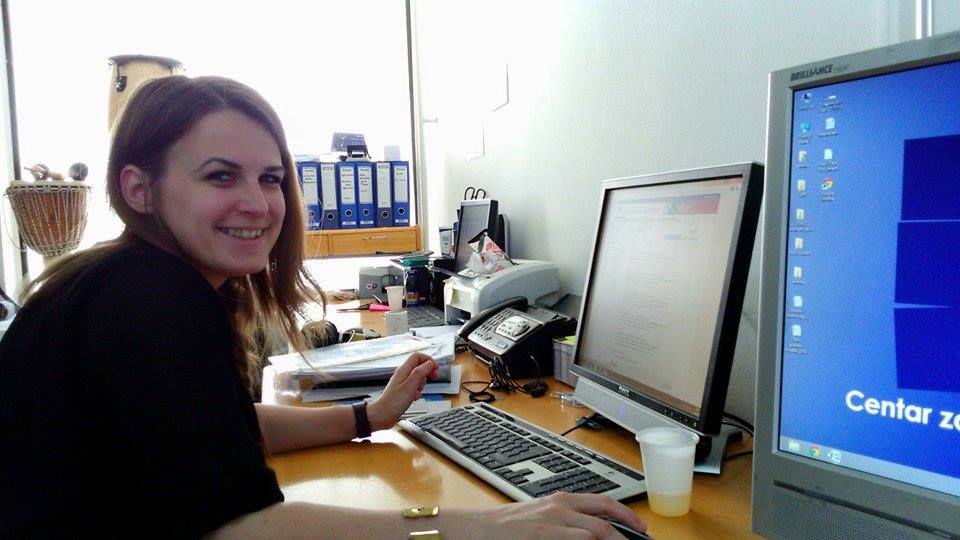
Why are more and more young people turning to alcohol? Emir Redžić speaks with young people in Vitez to find out.
An increasing number of young people in Central Bosnia-Herzegovina are consuming alcoholic beverages, with unemployment, insecurity and boredom often cited as potential reasons.
“The more you drink, the better the party,” is a sentence often used by youth from Vitez and its surrounding areas to describe a well spent Saturday evening and a good time.
After sobering up, young people exchange their experiences and talk about who had more to drink, which bar was full, which singer was at which place and where people ended their night.
In addition to adults, minors often get drunk, and they buy alcohol in supermarkets without being asked for their ID cards.
Asmir Đelilović, President of the Fountain of Youth association from Vitez, said that youth unemployment is one of the key reasons why more and more young people are deciding to turn to alcohol.
“Considering the current situation facing the youth in our country, we should be happy if this trend does not expand significantly, because that would mean complete chaos and disorientation among our younger generations,” said A.R. (26) from Vitez.
Đ.S. (22) has a similar opinion, believing that the only way to prevent alcoholism among young people is to open new workplaces, such as factories, where youth can seek full-time employment.
Places that do not serve alcohol are not attractive to young people and they will avoid them.
“I don’t drink and I don’t approve of alcohol, but in an environment where most people do drink, I often realize at the end of the party that I don’t really belong there. On the other hand, those are my friends and I cannot so easily dismiss them because I too like to have fun and I like dynamic outlets,” said T.Z. (22).
According to T.Z., young people use alcohol to forget their everyday lives, which are filled with mass unemployment.
From October 2014 to February 2015, the Center for Youth Education from Travnik conducted research in schools in the Central Bosnia Canton entitled “Knowledge is next to Godliness.” The objective of the research was to examine the opinions of school staff and management, students and parents from Vitez, Bugojno and Kiseljak regarding the need to promote healthy lifestyles in schools.
Amela Mrakić from the Center for Youth Education said their results revealed that students do not have adequate knowledge about living healthy lifestyles, and that 4.25% of children aged 11-14 regularly consumed alcohol.
Mrakić said that the biggest issue is the easy access to alcohol at cheap prices, and the possibility to buy alcohol in almost any store.
In March of this year, the Center conducted a survey entitled “Mystery Shopper,” where three minors entered three supermarkets in Travnik to buy alcohol. Mrakić said that they were able to get alcohol in two of the supermarkets without being asked for an ID or being warned about the Law on Internal Trade, which prohibits the sale of alcohol to minors.
The situation is a serious cause for concern: data from Ministry of Internal Affairs of the Central Bosnia Canton lists alcohol as one of the main causes of premature death in the region. Over the past year, there were 60 cases of domestic violence, 201 traffic accidents and 195 cases of public disturbance, all of which were due to alcohol consumption by minor and adult perpetrators alike.






